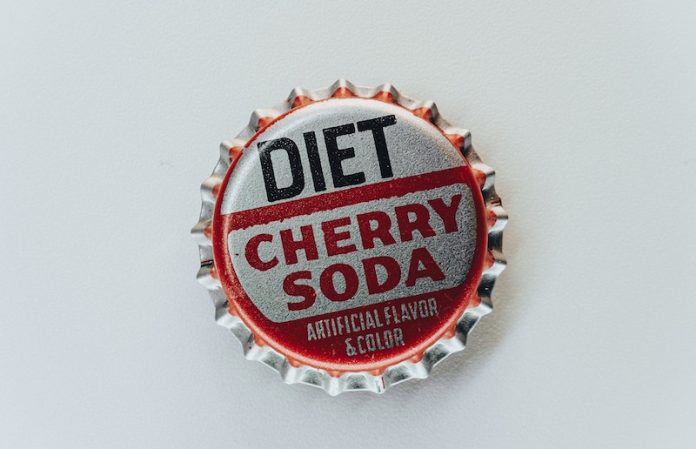
Artificial sweeteners are a group of synthetic compounds that are used to sweeten foods and beverages without adding calories.
They are commonly used in sugar-free products, such as diet sodas, sugar-free gum, and other low-calorie products.
While artificial sweeteners have been marketed as a healthier alternative to sugar, there is an ongoing debate about their health benefits and harms.
we will review the health benefits and harms of artificial sweeteners in this article.
Healthy Benefits of Artificial Sweeteners
Weight Loss
Artificial sweeteners are often used as a tool for weight loss because they provide sweetness without adding calories.
Studies have shown that replacing sugar with artificial sweeteners can help to reduce overall calorie intake and promote weight loss.
Blood Sugar Control
Artificial sweeteners do not raise blood sugar levels, which makes them a popular choice for people with diabetes.
Studies have shown that consuming artificial sweeteners in place of sugar can help to improve blood sugar control in people with diabetes.
Dental Health
Artificial sweeteners do not promote tooth decay, which makes them a healthier alternative to sugar.
Studies have shown that consuming artificial sweeteners can help to reduce the risk of dental caries and promote good oral health.
Harms of Artificial Sweeteners
Increased Risk of Type 2 Diabetes
While artificial sweeteners may be a good choice for people with diabetes, research has shown that consuming artificial sweeteners may increase the risk of developing type 2 diabetes in healthy individuals.
A study published in the journal Nature found that consumption of artificial sweeteners was associated with an increased risk of glucose intolerance, a precursor to type 2 diabetes.
Increased Risk of Weight Gain
While artificial sweeteners may be a good tool for weight loss, some studies have suggested that they may actually contribute to weight gain.
A study published in the journal Obesity Reviews found that consumption of artificial sweeteners was associated with an increased risk of weight gain and obesity.
Digestive Issues
Artificial sweeteners are not well-absorbed by the body, which can lead to digestive issues such as bloating, gas, and diarrhea.
A study published in the Journal of Gastroenterology and Hepatology found that consumption of artificial sweeteners was associated with an increased risk of digestive issues.
Increased Risk of Cardiovascular Disease
Some studies have suggested that consumption of artificial sweeteners may increase the risk of cardiovascular disease.
A study published in the Journal of the American College of Cardiology found that consumption of artificially sweetened beverages was associated with an increased risk of stroke and heart disease.
Negative Impact on Gut Microbiome
Artificial sweeteners may have a negative impact on the gut microbiome, which can lead to a range of health problems.
A study published in the journal Nature found that consumption of artificial sweeteners was associated with changes in the gut microbiome that were linked to metabolic disorders and obesity.
Conclusion
The health benefits and harms of artificial sweeteners are complex and not fully understood.
While artificial sweeteners may be a good tool for weight loss and blood sugar control, they may also increase the risk of type 2 diabetes, weight gain, digestive issues, cardiovascular disease, and negative impact on the gut microbiome.
It is important to consume artificial sweeteners in moderation and to choose whole foods and natural sweeteners whenever possible.
When purchasing packaged foods, it is important to read the ingredient labels carefully and choose products that are low in sugar, salt, and unhealthy fats.
By making these changes to our diets, we can improve our health and well-being.
Copyright © 2023 Scientific Diet. All rights reserved.








